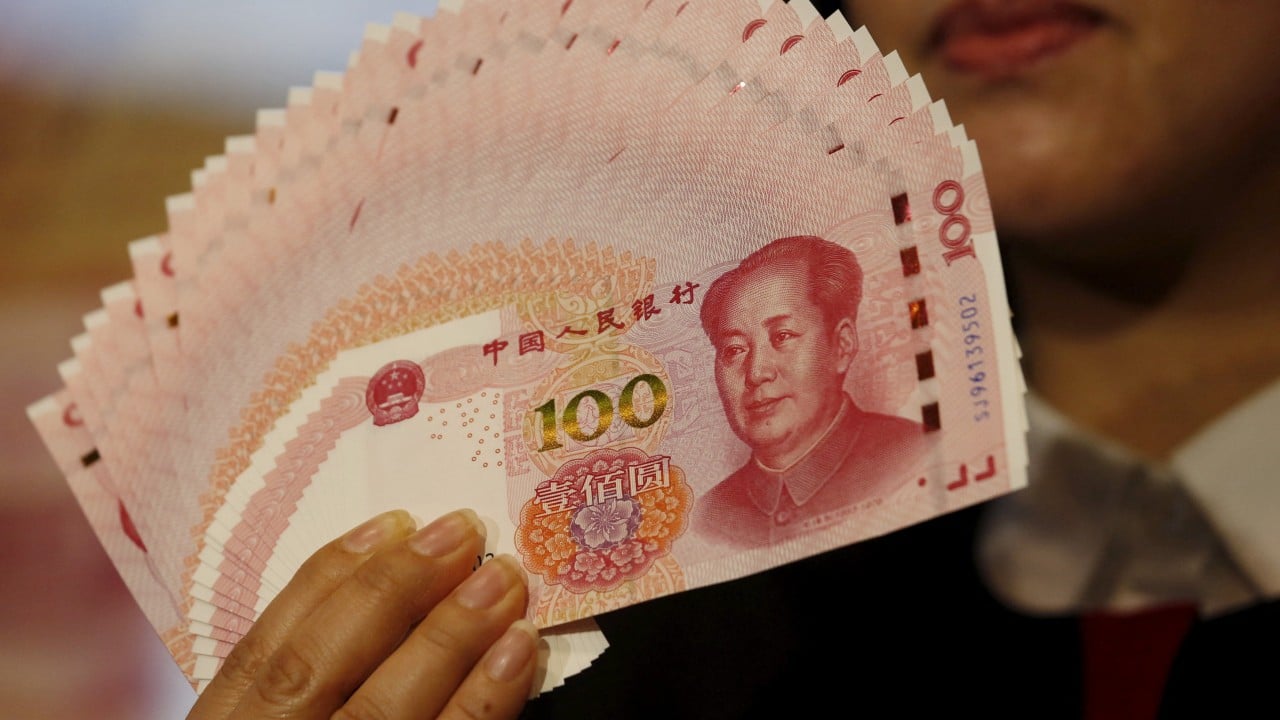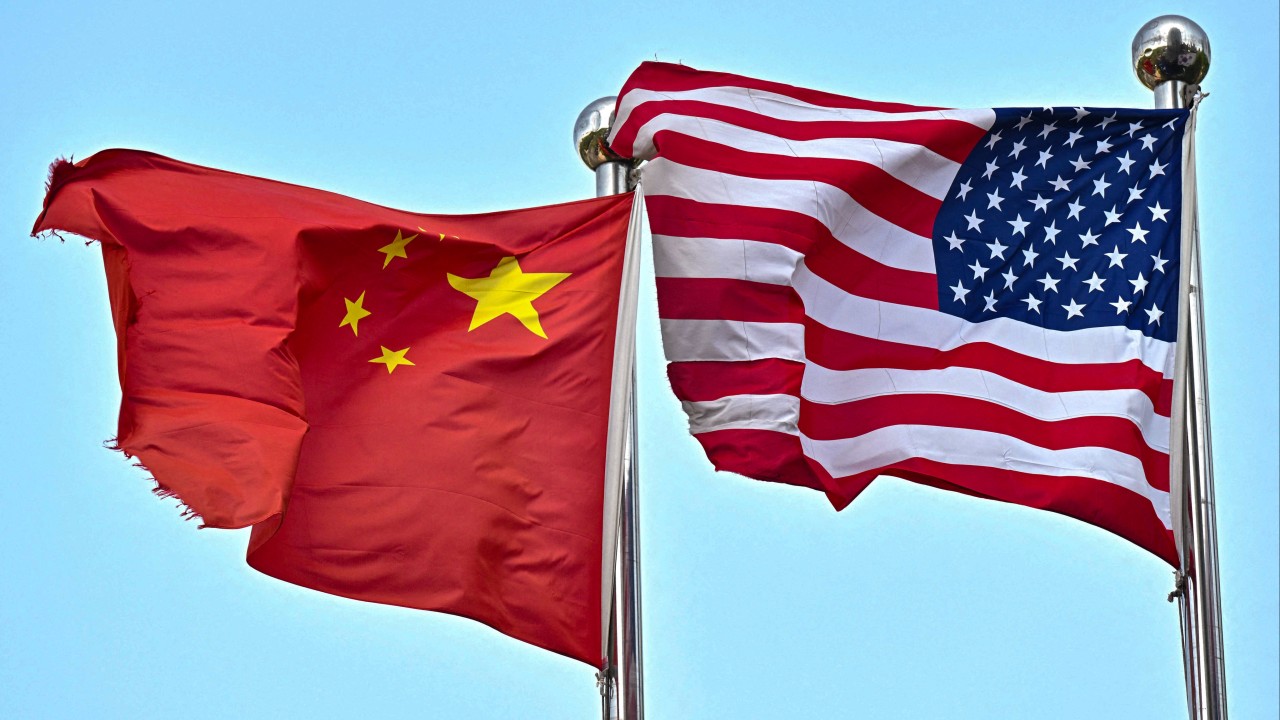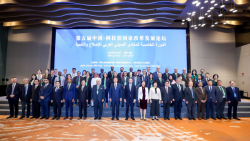
Playgrounds popping up in shopping malls, family-themed hotel suites, kid-friendly menus at restaurants, and booming demand for family-friendly hotels China's parent-child economy is gaining momentum, transforming urban commercial hubs and emerging as a powerful driver of consumer growth.Backed by the nationwide rollout of the three-child policy and efforts to build a more family-friendly society, the parent-child consumption market is entering a golden age.According to the National Bureau of Statistics, as of the end of 2024, China had approximately 240 million children aged 0 to 15, accounting for 17.1 percent of the total population.
Coupled with ongoing consumption upgrades, the market size of the parent-child economy is expected to exceed 5 trillion yuan (roughly $685 billion) by 2025.As millennials and Gen Z take the lead in parenting, rising incomes and shifting values are fueling growing demand for high-quality, family-oriented experiences.
Among them, travel has emerged as one of the most popular ways for families to bond, educate, and explore together.As the May Day holiday nears, Xia Ye and Hu Peng are busy planning their next trip with their 5-year-old son.
This time, they plan to visit the Three Kingdoms Theme Park in Wuxi.
Their son has already visited Shanghai Disneyland and Sanya's sunny beaches.
Their friend Yao Liu's daughter, who is also five, has toured Zhuhai's Chimelong Ocean Kingdom and even traveled to Universal Studios in Japan.These families are part of a wider trend of family travel.
On Xiaohongshu, one of China's top lifestyle platforms, the hashtag #FamilyTravel has racked up 4.31 billion views and over 20 million posts.
Weekends and holidays see parenting influencers flooding the platform with travel guides and reviews.Hotels are taking note.
Family-friendly rooms and services are in high demand.
CIPO, a boutique B-B chain, has launched nature-themed experiences such as farming workshops, barbecues, and outdoor classrooms.
According to its marketing director, Jiang Feng, their family suites are booked out every summer."With more families traveling in groups, we introduced childcare services where staff organize fun activities for kids, giving parents time to relax," said Jiang.In Beijing, a hotel sales director, Xiao Yu, noted that rising demand for family travel prompted them to convert some standard rooms into family suites.
Despite costing over 30 percent more than regular rooms, these suites are often fully booked during holidays sometimes up to two weeks in advance.The surge in family travel and outdoor activities has also boosted demand for children's outdoor wear.
In 2022, children's outdoor apparel sales on Tmall, a leading online retail platform, reached 530 million yuan, up 46 percent year-on-year.
Sales of ski suits alone soared by nearly 168 percent, thanks in part to the 2022 Beijing Winter Olympics."More parents are shopping for kids' outdoor gear," said Chen, who runs an outdoor apparel shop in Beijing.
He told China Media Group that kids' products make up around 15 percent of its shop sales last year.Beyond travel and outdoor apparel, China's commercial spaces are also transforming to better serve families.Once dominated by adult shoppers, malls are now evolving into vibrant family zones.
Across many cities, shopping centers are introducing full-service parent-child ecosystems with everything from indoor zoos and baking workshops to themed restaurants, AI exhibitions, and virtual reality escape rooms.
These immersive setups not only cater to families' diverse needs but also increase foot traffic and boost spending across dining, retail, and entertainment.Recognizing the vast potential of the family economy, the Chinese government has stepped up support to foster its sustainable and high-quality development.
In June 2024, five government departments, including the National Development and Reform Commission, unveiled a joint initiative to stimulate new consumer growth points ranging from winter sports and coastal tourism to camping and study tours.In October, the State Council rolled out additional family-friendly policies, including improved maternity leave, subsidies for childbirth, and expanded childcare services part of a broader push to build a supportive environment for raising children.According to the 2024 report from China Children's Industry Center, children-related expenses account for 30-50 percent of household spending in 80 percent of Chinese families. With 240 million children in the country, the potential of the parent-child economy is immense.
New forms of family consumption that blend travel with culture, tech, education, sports, and summer escapes are expected to grow and evolve, injecting vitality into China's consumer market.

 9
9

















